Business Ideas: Custom Gabion Fence Installation
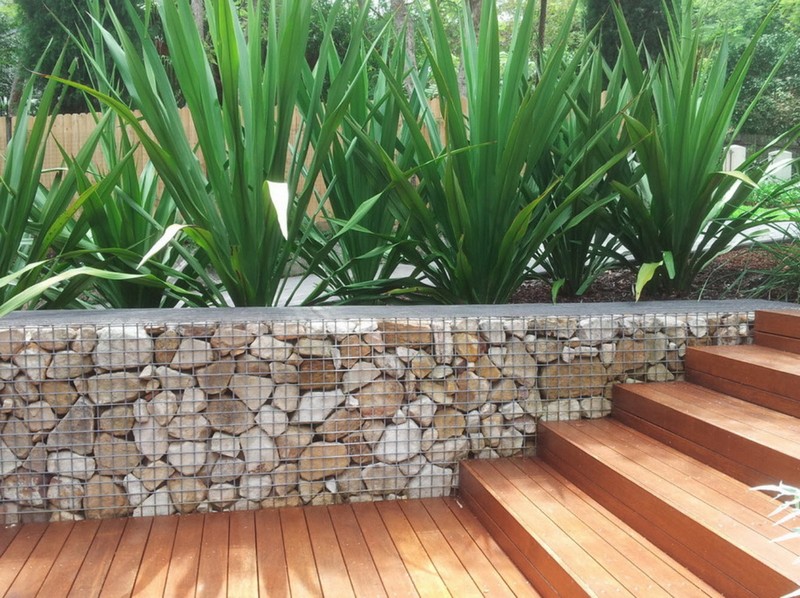
💡 Want more business insights? Stay ahead of the curve with our exclusive updates!
👉 Join our Telegram channel for daily business ideas and expert tips.
👉 Follow us on Facebook to never miss a trend or update!
Don’t just read—connect, grow, and innovate with us today!
The demand for natural building materials has surged in recent years, particularly among homeowners seeking a rustic or eco-friendly aesthetic for their country properties. Gabions have emerged as a highly sought-after option for fencing. These sturdy structures consist of a durable metal mesh frame filled with stones. In fact, the word “gabion” comes from the French term meaning “stones in cages.”

Why Gabions Are a Great Choice
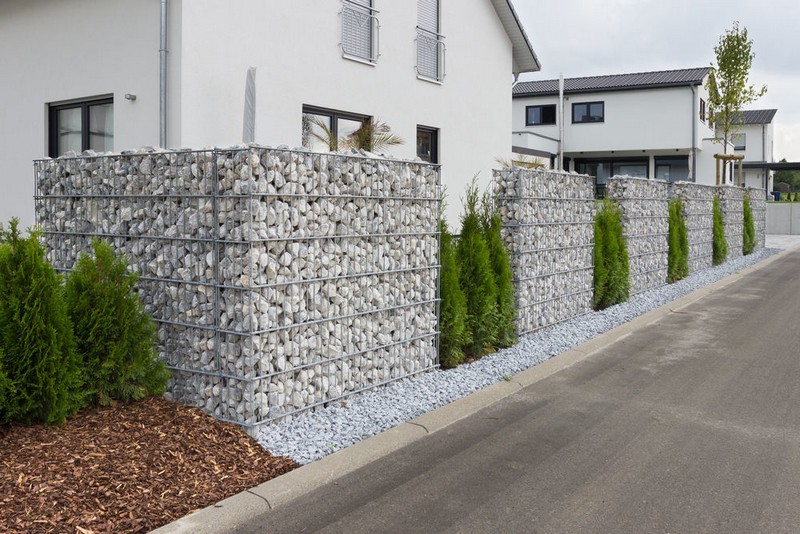
For clients, gabion fences offer several compelling benefits:
- **Natural design:** Gabion fences seamlessly blend with the outdoor landscape, making them ideal for countryside settings.
- **Durability:** Built to last, these fences withstand weather and wear with minimal maintenance.
- **Cost-effectiveness:** Compared to brick or stone walls, gabions are more affordable. They can even be filled with inexpensive materials like construction rubble or broken concrete.
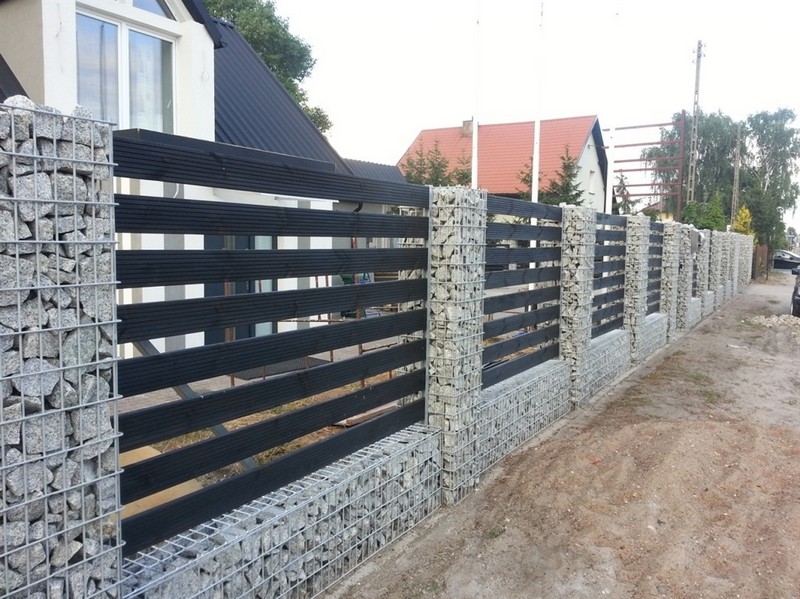
For entrepreneurs, gabion fence installation offers unique advantages:
- **Quick and simple installation:** Gabions don’t require complex construction techniques or specialized machinery.
- **Low startup costs:** You can begin with a small team and minimal equipment.
- **Customizable designs:** Gabions can include decorative elements like wood panels, brick inserts, or even live plants, allowing you to cater to a wide range of customer preferences.
How to Install Gabions

The first step in gabion installation is selecting the filler material. Options include pebbles, large stones, granite, sandstone, or even recycled materials like bricks. The filler must be larger than the mesh openings (typically 7–40 cm) to prevent spillage. Consider these factors when choosing your filler:
- **Durability:** Stones should have a strength of at least 1000 to withstand pressure.
- **Frost resistance:** Choose materials that can endure the climate of the installation site.
- **Aesthetics:** Filler shapes (rounded, angular, rectangular) and colors can significantly impact the visual appeal. Arrange stones tightly to avoid gaps.
Steps for Gabion Installation
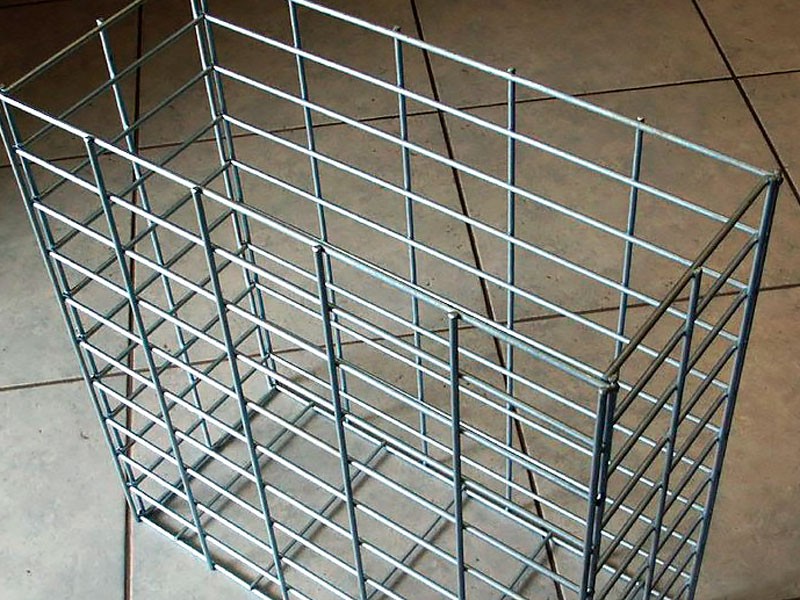
- **Preparation:** Measure and mark the installation site. Calculate the required materials and create a budget.
- **Installing supports:** The depth of the support posts should be one-third the height of the fence. For example, a 2-meter-high fence requires 1-meter-deep supports.
- **Attaching the mesh:** Secure the stainless-steel mesh to the supports using clamps, bolts, or other durable fasteners.
- **Adding the filler:** Carefully fill the mesh with stones or other materials, arranging them to create a visually appealing pattern. You can mix colors or sizes for added effect.

Costs and Pricing
The cost of materials depends on the client’s preferences and regional pricing for stones and delivery. On average, filler materials cost $20–$100 per linear meter (0.5×0.5×1 m). Labor costs vary based on complexity and local market rates, so research competitors in your area before setting your prices.
For a small project of 10 meters of fencing, the estimated costs might be:
- **Filler material:** $300–$1000
- **Mesh and supports:** $200–$400
- **Labor:** $400–$700
If priced at $150–$200 per linear meter, you could earn a profit of $500–$1000 for a single project, depending on the scale and complexity of the work.
Conclusion
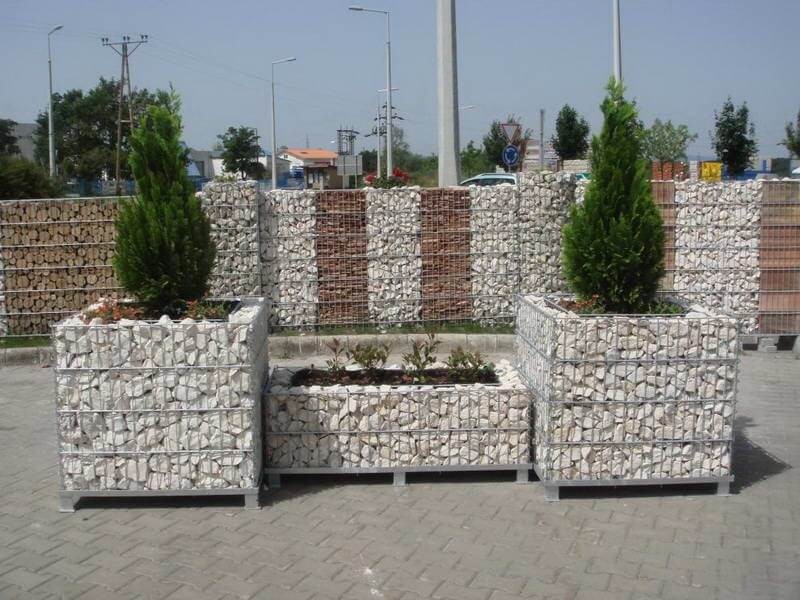
Gabion fence installation is a promising business opportunity that requires minimal investment and technical skills. With increasing demand for eco-friendly and natural designs, this service has significant market potential. Even if orders are sparse initially, the low startup costs minimize financial risks, making it an excellent option for aspiring entrepreneurs.
Did you find this article helpful? Share it with your friends and inspire them to explore this unique business idea!
💡 Want more business insights? Stay ahead of the curve with our exclusive updates!
👉 Join our Telegram channel for daily business ideas and expert tips.
👉 Follow us on Facebook to never miss a trend or update!
Don’t just read—connect, grow, and innovate with us today!





































.jpeg)













Note: Comments are being moderated and may take a while to appear. There is no need to resubmit your comment.